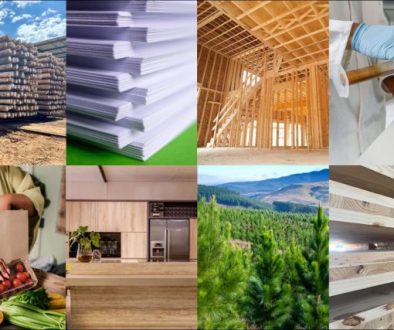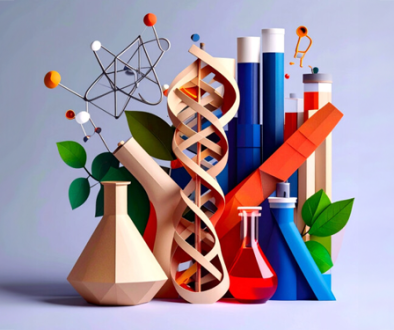Paper recycling – why you should care
Paper recycling is important for a number of reasons – and some may surprise you.
But first we need to answer the question: Does recycling paper save trees?
There is a long-held assertion that by recycling paper we save trees. This may be true in other countries but not in South Africa, where paper is produced from sustainably managed plantations or simply put, farmed trees. “Trees are planted, harvested and converted to pulp, paper or timber products. Within the same year, new trees are planted,” explains Ursula Henneberry, operations director for the Paper Recycling Association of South Africa.
Paper fibres will only withstand the recycling process six to seven times before they degrade so new trees and virgin fibre will always be required to keep the paper cycle going.
Recycling keeps carbon locked up for longer: Trees absorb carbon dioxide (and release oxygen). The carbon is stored in the wood, remaining locked up even during the pulp and papermaking processes. By recycling, we keep this carbon locked up and out of the atmosphere for longer. If we add our paper to our general waste, it is destined for landfill and degradation.
Recycling paper reduces greenhouse gas emissions from landfills: Landfills are very compact, anaerobic environments. Little or no air gets in, which means that when our rubbish (along with paper) starts to degrade, it releases methane. Methane is 25 times more toxic than carbon dioxide. By recycling our paper, we can contribute the reduction of greenhouse gas emissions.
Recycling paper saves landfill space: Our landfills are also filling up at a rapid rate. “Did you know that one tonne of recovered paper saves three cubic metres of landfill space?” poses Henneberry.
Recycling creates jobs: From a socio-economic perspective, recycling makes a significant contribution to job creation and poverty alleviation.
Recycling is the easiest way to live a greener, cleaner life: “We need to actively change the way we dispose of our waste. It should not be acceptable to discard anything and everything into our dustbins – both at home and in the workplace,” stresses Henneberry.
“Separation of the different waste streams – paper, cardboard and liquid packaging; glass, tin; plastic and e-waste – is critical to ensuring that we reduce recyclables going to landfill, reduce pollution and create a culture of ‘green thinking’.”
Go green. Start recycling – Today.



